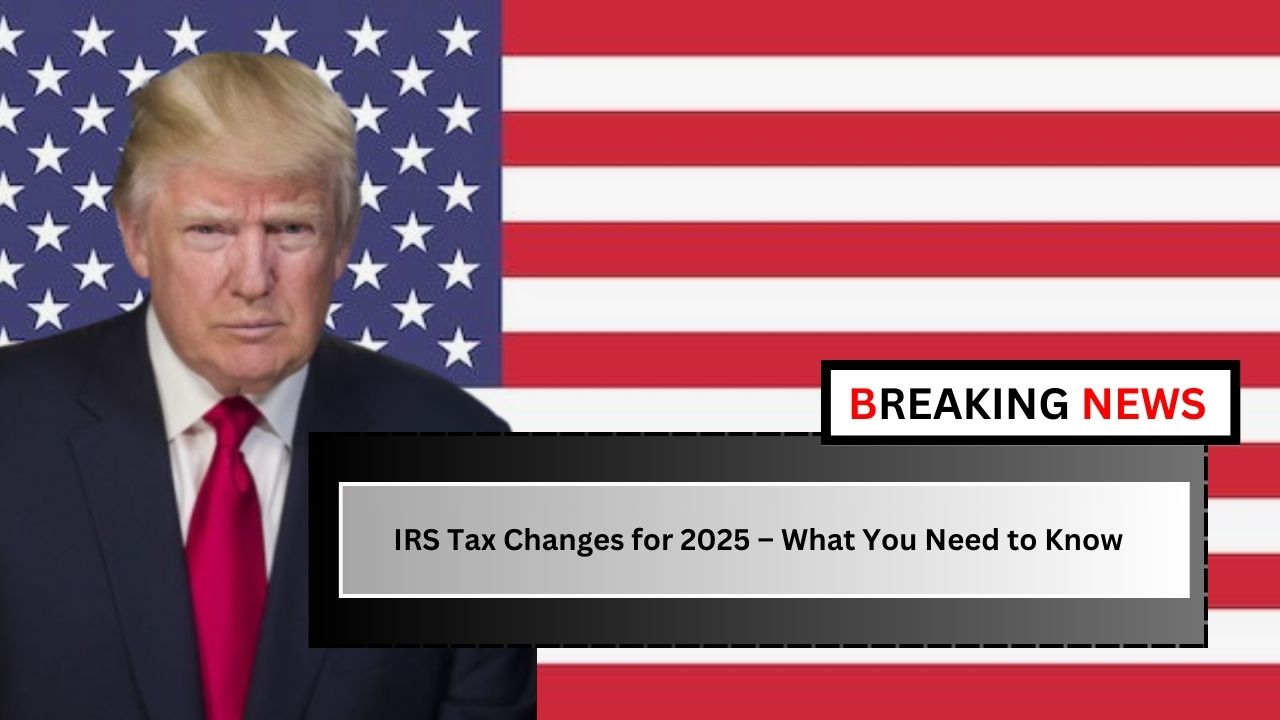In 2025, some people in the U.S. will not have to pay federal income taxes, thanks to changes in the tax code. These changes aim to make life easier for people who have lower incomes or special circumstances. Understanding who is exempt from taxes can help with financial planning and ensure that everyone takes full advantage of these new opportunities.
Senior Citizens with Limited Income
For many retirees, living on a fixed income can be challenging. In 2025, senior citizens who earn below a certain income threshold may not have to pay federal income taxes. Social Security benefits are usually not taxed if they are the only income or if the combined income stays below certain limits. This provides relief for older adults, allowing them to better manage their finances during retirement.
Veterans Receiving Disability Benefits
Veterans who receive disability compensation from the U.S. Department of Veterans Affairs (VA) are usually exempt from paying taxes on those benefits. The government recognizes the service and sacrifices made by veterans, and this exemption helps provide financial relief. These disability benefits are not considered taxable income, meaning veterans can keep more of their money to support themselves and their families.
Low-Income Households
Households with incomes that fall below the federal poverty line can qualify for tax exemptions or credits. One of the most important benefits is the Earned Income Tax Credit (EITC). This credit can reduce the amount of taxes owed and, in many cases, result in a refund. This is designed to help individuals and families with lower incomes keep more of their earnings, making it easier for them to meet their needs.
Students with Qualified Scholarships
For students pursuing higher education, scholarships and grants are often a significant source of financial support. In 2025, many scholarships and grants used for tuition and other qualified educational expenses will remain tax-free. However, if the scholarship money is used for non-educational expenses, like room and board, it may become taxable. Students need to make sure that their scholarship money is being spent in ways that comply with IRS rules to avoid unexpected taxes.
Breakdown of Exemption Categories
| Group | Income Threshold | Tax Credit | Exemption Type | Additional Notes |
|---|---|---|---|---|
| Senior Citizens with Limited Income | Varies | N/A | Social Security Benefits | Benefits are non-taxable below certain income thresholds. |
| Veterans with Disability Benefits | N/A | N/A | Disability Compensation | Payments from VA are tax-exempt. |
| Low-Income Households | Below federal poverty line | Earned Income Tax Credit | Income Exemption | EITC can reduce tax liability and provide refunds for qualifying individuals. |
| Students with Qualified Scholarships | N/A | N/A | Scholarship Funds | Funds must be used for qualified educational expenses. |
The Government’s Effort to Provide Relief
These exemptions reflect the government’s ongoing efforts to reduce the tax burden on vulnerable groups and ensure that they can maintain a reasonable standard of living. By offering tax relief to senior citizens, veterans, low-income households, and students, the government helps improve financial stability for these groups. It also promotes fairness in the tax system, making sure that people who need help the most are not weighed down by high taxes. Understanding and staying informed about tax law changes is essential for taking advantage of these opportunities and maximizing financial benefits.
Who Qualifies as a Senior Citizen for Tax Exemptions?
A senior citizen for tax purposes is typically someone who is 65 years old or older at the end of the tax year. To qualify for certain tax exemptions, such as the non-taxation of Social Security benefits, a senior’s income must fall below specific levels, which may vary depending on individual circumstances.
Are All Veterans Exempt from Taxes?
Not all veterans are exempt from federal taxes. Only veterans who receive disability compensation from the VA are eligible for tax exemptions on those specific payments. Other types of income, such as wages or retirement pensions, may still be subject to tax. Therefore, veterans should be sure to consult the IRS or a tax professional to understand which of their benefits are exempt.
How Can Low-Income Households Apply for the EITC?
Low-income individuals and families can apply for the Earned Income Tax Credit (EITC) by filing a federal tax return. Even if they are not required to file a return, they should still do so in order to claim the credit. Completing the necessary sections on the tax form will allow them to receive the credit, which can help reduce their tax liability and possibly provide a refund.
Conclusion
The U.S. government is making efforts to make life easier for certain groups in 2025 by offering tax exemptions and credits. Senior citizens, veterans with disabilities, low-income families, and students with scholarships will benefit from these changes, allowing them to keep more of their income. Staying informed about tax laws and exemptions is essential for making the most of these financial benefits. By understanding who qualifies for these exemptions, individuals can plan better for their financial futures and take advantage of tax relief opportunities.
FAQ’S
Who qualifies for tax exemptions in 2025?
In 2025, senior citizens with limited income, veterans receiving disability benefits, low-income households, and students with qualified scholarships may qualify for tax exemptions. These exemptions can help reduce the tax burden and provide financial relief.
What income is exempt from taxes for seniors in 2025?
Seniors who earn below a certain income threshold may be exempt from federal taxes. Social Security benefits are generally not taxed if they are the sole source of income or if the combined income is under a specific limit.
Are all veterans exempt from paying taxes in 2025?
Not all veterans are exempt from taxes. Only veterans who receive disability compensation from the U.S. Department of Veterans Affairs (VA) are exempt from paying federal taxes on those specific disability benefits.

